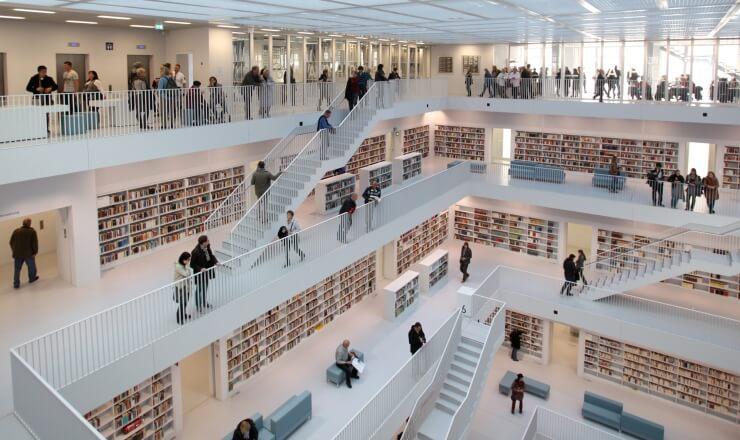As debates over educational priorities intensify across Europe, German schools find themselves at the center of a contentious discussion: should timeless literary classics like Goethe’s works remain a cornerstone of the curriculum? Proponents argue that these texts are vital for cultural identity and critical thinking, while critics call for a modernization of teaching materials to better reflect contemporary society and global perspectives. This article explores the arguments on both sides, examining whether traditional German literature still holds a place in today’s classrooms or if it’s time to turn the page.
The Cultural Value of Goethe in Modern Education
In an age dominated by digital media and rapid innovation, the place of literary classics like Goethe in the school curriculum is increasingly scrutinized. Yet, these works remain essential not simply as relics of the past but as timeless cultural artifacts that provide students with profound insights into human nature, ethics, and society. Goethe’s narratives, rich with philosophical depth and emotional complexity, encourage critical thinking and self-reflection-skills indispensable for navigating today’s multifaceted world. Removing such literature risks depriving learners of a shared cultural heritage that fosters intergenerational dialogue and cultivates intellectual resilience.
Moreover, Goethe’s influence extends beyond literature; his contributions intersect with history, philosophy, and even natural sciences, offering a multidisciplinary touchpoint within education. This holistic approach nurtures well-rounded citizenship and appreciation of diverse perspectives. Consider the following qualities that Goethe’s works impart:
- Analytical thinking: Complex characters and plots challenge students to interpret meaning and motive.
- Cultural literacy: Understanding historical context enriches awareness of societal evolution.
- Ethical contemplation: Themes explore moral ambiguity, encouraging empathy and personal growth.
| Aspect | Modern Educational Benefit |
|---|---|
| Language mastery | Enhances vocabulary and literary expression |
| Critical engagement | Develops arguable and reflective thinking |
| Cultural identity | Connects students with national heritage |
Balancing Tradition and Innovation in German School Curriculums
German schools face a critical challenge: how to honor cultural heritage while embracing modern educational needs. Incorporating literary giants like Goethe ensures that students gain insight into the nation’s historical values, language intricacies, and philosophical reflections. Yet, critics argue that curricula weighed down by classical texts may fall short in fostering skills essential for the 21st century, such as digital literacy, intercultural communication, and scientific innovation. Striking a balance requires thoughtful integration, where classic works serve as foundational pillars complemented by contemporary content that reflects today’s globalized, tech-driven society.
A proposed model for balancing tradition and innovation might include:
- Core classics that remain mandatory for cultural literacy
- Elective modules focusing on emerging fields like AI, sustainability, and global studies
- Project-based learning connecting classical themes with modern-day applications
This hybrid approach allows students to appreciate timeless narratives while cultivating skills pertinent to their future careers and social environments, ensuring that German education evolves without losing its roots.
| Focus Area | Traditional Content | Innovative Elements |
|---|---|---|
| Language & Literature | Goethe, Schiller, Kafka | Digital storytelling, Multilingual projects |
| History & Culture | Classical German History | Global perspectives, Migration studies |
| Science & Technology | Basic scientific principles | Robotics, Environmental tech |
Recommendations for Integrating Classics with Contemporary Studies
To Wrap It Up
As debates continue over the relevance of classic literature in today’s classrooms, the question of whether German schools should phase out works by Goethe and his contemporaries remains contentious. Advocates argue that these texts are pivotal in understanding cultural heritage and language, while critics call for curricula that better reflect contemporary society and diverse voices. Ultimately, the decision will shape not only what students read but how German identity and history are taught for generations to come.




